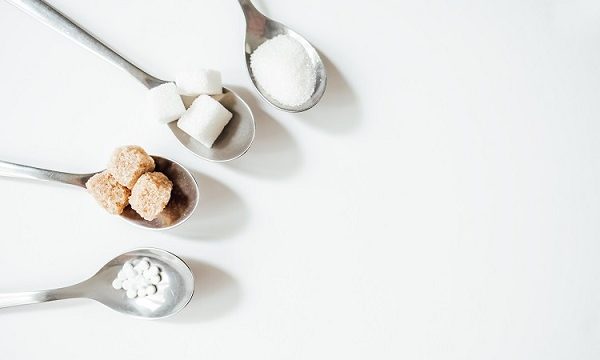
This article has been provided for use by the Australian Dental Association and the original article can be found here.
It is a common misconception that raw sugar is more natural and therefore more nutritious than brown sugar, but the difference only lies in the manufacturing process. Raw sugar has not been refined as much as brown or white sugar, while brown sugar is made from white sugar crystals being mixed with molasses. Similarly, coconut sugar is regarded by some individuals as being more natural however this product is 93% sugar so when it comes to your teeth and the products ability to contribute to the development of tooth decay, it is in the same category as raw, brown, and white sugar.
Sugar alternatives
It is not uncommon to see recipes these days labelled as refined sugar free as people substitute white, brown, or raw sugar what we traditionally think of when we think of sugar) with ingredients such as dates, coconut sugar or rice malt syrup.
These substitutes are in many cases just another form of sugar that provides little to no nutritional benefits and can increase your risk of developing tooth decay.
Dates are a commonly recommended replacement for sugar in recipes. But do you know that 1 date has 16 grams of sugar? So, although dates are a good source of fibre, when adding dates in baking recipes be aware of their high sugar content and sticky nature which can contribute to tooth decay.
Other commonly recommended sugar alternatives include syrups such as maple syrup or rice malt syrup. These products are also very high in sugar and can increase your risk of developing tooth decay.
While the idea of replacing white, brown or raw sugar with a possible healthier alternative, a lot of the other options are still high in sugar and increase your intake of free sugars and your risk of developing tooth decay. The sugar molecules in a tablespoon of honey are not superior to the sugar molecules found in a tablespoon of white sugar. To protect our teeth, what we need to be focusing on is the amount of sugar we are consuming and trying to limit our intake of free sugar to 6 teaspoons or 24 grams per day. That is why it is important to read the Nutrition Information Panel and understand how to interpret the included information.
Artificial sweeteners
Sugar replacement options such as xylitol and stevia are sweeteners and these ingredients do not contribute to tooth decay. In fact, there is research that shows that the sweetener xylitol has been shown to prevent the growth of Streptococcus Mutans, a type of decay-causing bacteria.
Just because you are using an artificial sweetener to make a sweet treat does not mean you should eat, or drink more than you otherwise would have if it included sugar. Nor does it mean you can increase your sugar intake elsewhere.
